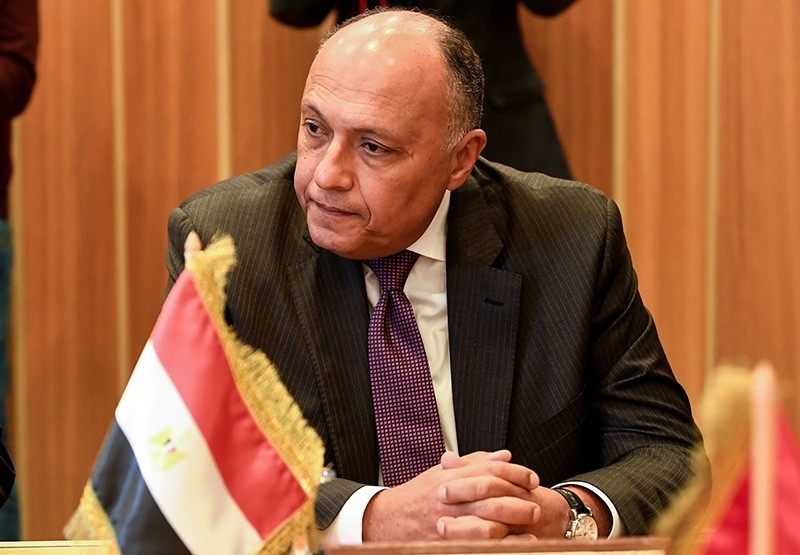he trip aims to show “solidarity with the two countries and their brotherly peoples” after the devastating earthquake that hit Syria and Turkey earlier this month, a foreign ministry statement said.
Sisi’s visit is the latest example of Arab outreach to the internationally-isolated Syrian government.
The 7.8-magnitude quake that struck on February 6 killed more than 46,000 people in both countries.
On February 7, Egyptian President Abdel Fattah al-Sisi called his Syrian counterpart Bashar al-Assad, in the first official exchange between the two leaders.
Shoukry also spoke with his Syrian counterpart.
The same day, Sisi spoke with Turkish President Recep Tayyip Erdogan, in one of their first diplomatic contacts under a recent rapprochement.
A series of plane and navy shipments of “hundreds of tonnes of medical aid” followed, according to the Egyptian authorities, along with “a technical team” supporting rescue operations with the White Helmets in northwest Syria, the civilian group said.
Assad has been politically isolated in the region since the start of the 12-year war in Syria.
While Cairo and Damascus have largely maintained relations during the conflict, the Cairo-based Arab League suspended Syria in 2011 and some other Arab countries have severed ties with it.
Since the deadly quake, however, the Syrian president has received calls and aid from Arab leaders, a momentum analysts say he could leverage to bolster regional support.
On Sunday, a delegation of Arab parliamentary leaders met with Assad in Damascus, including the speaker of Egypt’s parliament, Hanafy al-Gebali. Egyptian state media described him as “the most senior Egyptian official to visit Damascus” in over a decade.
Daily newsletterReceive essential international news every morningSubscribe
Egypt’s official position on Syria has called for “a political solution”, steering clear of discussing the fate of Assad himself, whose departure has long been demanded by several Arab leaders.
Syria’s National Security Bureau chief Ali Mamlouk met his Egyptian counterpart in Cairo in 2016 and again in 2018.
Cairo’s relations with Ankara have been frosty since a 2013 coup that propelled Sisi to power, deposing Islamist president Mohamed Morsi and outlawing his Muslim Brotherhood, many members of which had sought refuge in Turkey.
In November, Sisi and Erdogan shook hands in Qatar, in what the Egyptian presidency heralded as a new beginning in their ties
(AFP)



